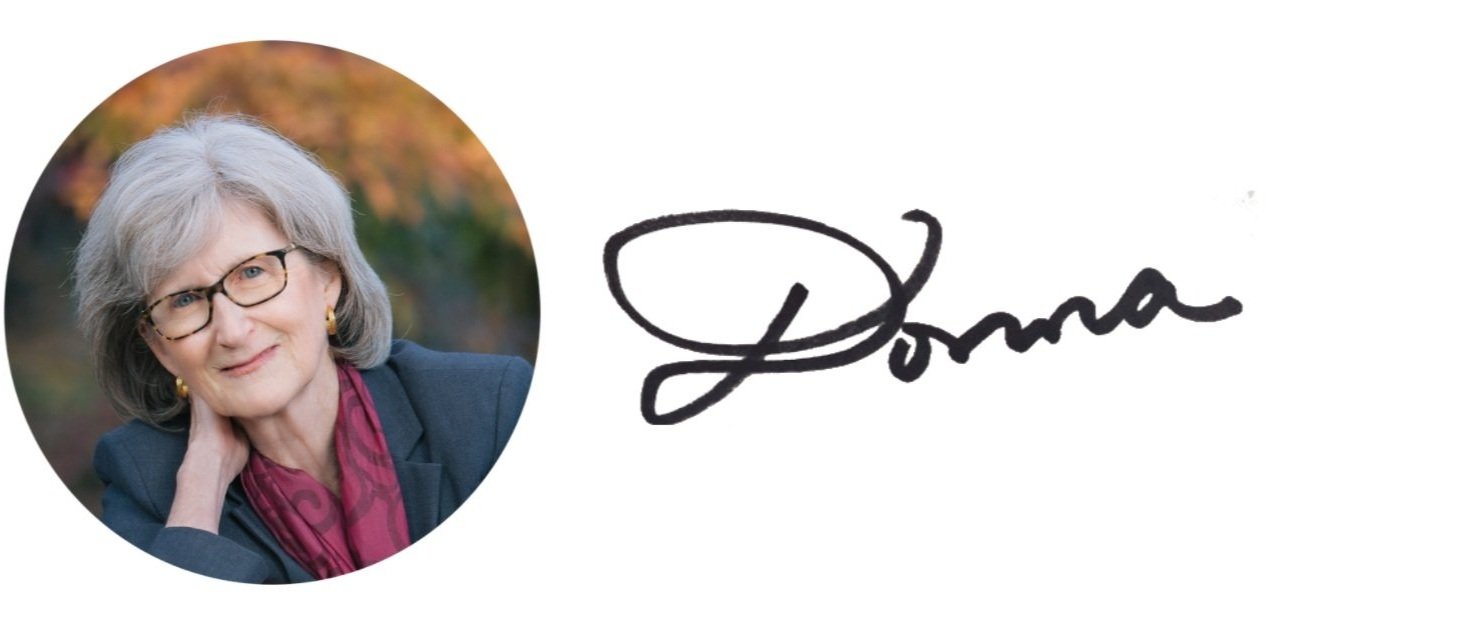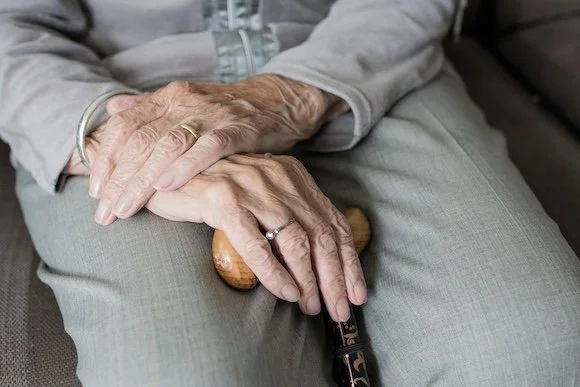“Elijah appealed to all the people and said,
‘How long will you straddle the issues? If the Lord is God, follow him; if Baal, follow him.’ The people, however, did not answer him.”
- 1 Kings 18:20-39
When I read the word “straddle” last week, I immediately asked myself, “Am I straddling?” I was thinking of racism and white privilege. For three weeks we have been hearing and talking about the callous murder of George Floyd and the longstanding unjust treatment of blacks at the hands of police and others. Today I heard an interview with Ibram X. Kendi about his book How to Be an Antiracist. I think I may be guilty of straddling between a claim of non-racism on one side and white privilege on the other—it is an increasingly uncomfortable position.
I was raised in Oregon and lived many years in a predominately white world. I always accepted and expected that a good education, access to health care, justice, and opportunity would always be there for me. I didn’t think about this as privilege. It was just the way it was.
When I was a teen and young adult, the civil rights movement and MLK’s words started to open my eyes to our country’s enduring history of injustice to African-Americans. But it was reading of books like the autobiography by Malcolm X and No Equal Justice by David Cole that first stirred me. Several years ago I was deeply disturbed by the true stories in Warmth of Other Suns by Isabel Wilkerson, a powerful book that I highly recommend. Most recently I read Just Mercy by Bryan Stevenson and was once again horrified by the crass injustice and cruelty that is described.
I am not an intentional racist and, in fact, I try very hard not to be racist in my thinking. But, in spite of my moments of mini-enlightenment, my striving to follow the teaching of Jesus to love everyone, and, being married to an African-American man for fourteen years, I admit to racist thoughts and judgments.
My husband says he does not think I'm racist, but when I’ve taken the Harvard implicit bias race test several times over the years, the results always show racist tendencies. I’ve done the stealth-locking of the car door when I see “someone matching that description” walking nearby— a black man. I ask myself, “How can I still be afraid of black men when I am married to a big black man who is so loving and kind? How can I be racist when I now know and deeply care for so many Blacks as family, friends, neighbors, and, in times past, my patients, all good, honest, hardworking people?
I think I am like many of you. We try to “love our neighbor” the way Jesus instructed us. But it takes tremendous effort and honesty to face down the decades of programming that has hardwired our unconscious psyches to think in racist ways. This also applies to the discomfort we feel about any group different than our own.
What I’m really saying is that, though I am still a racist, I’m an open-eyed recovering racist trying to figure out how to be an antiracist—meaning a person who opposes racism and promotes racial tolerance. I have more questions than answers, but I intend to keep my eyes and my heart open as I find my way. I offer the following suggestions to you as a framework to get started, and I will follow them as well.
Suggestions:
1. If you are unsure about why race relations are tense in America or would like to learn something about our racist history and how black people have suffered at the hands of white power, NPR offers many suggestions. I just ordered Kendi’s book on being an antiracist. Or, watch a documentary or movie about similar themes…this month many are available without charge.
2. Take action. This might be political, like protesting, writing letters to politicians, participating in local politics, school boards, or efforts to ensure voting rights. Or, it could be financial by supporting groups like NAACP or Southern Poverty Law Center or finding a way to contribute towards the education of those who are disadvantaged.
3. Pray for the honesty and courage needed to heal racism in ourselves and our society.
God bless.
P.S. Don’t forget to sign up for my monthly blog or follow me on Facebook or Donna Chacko on Twitter. If my message helps you in any way, please consider sharing it with others.
Dr. Donna Chacko promotes health of body, mind, and spirit through her website (serenityandhealth.com), her blog, and programs at her church. She is the author of the award-winning book and Amazon best-seller Pilgrimage: A Doctor’s Healing Journey (Luminare Press, 2021). You can read her full bio here.
Stress Reduction Program
I hope you’re doing OK during the Covid-19 crisis as you figure out your path to safely move to the next phase. My ongoing online stress reduction program is still very applicable and available at no cost—get information and sign up here. You will receive the details in your email and then work at your own pace.
Related Video
I was happy to be invited as a special guest of the St. Camillus youth ministry to discuss practical tips for teens to manage the pandemic with their mental health in tact. This presentation is in English with Spanish translation.


























Learn how a prayer practice can bring peace, heal violence, and make you politically dangerous.